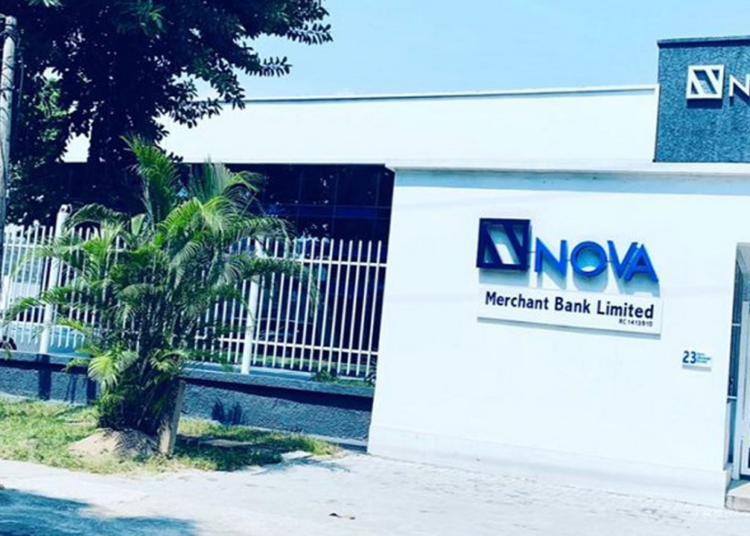The federal government is encouraging public-private partnerships to find lasting solutions to cold chain challenges in Nigeria and African trade.
The minister of Industry, Trade and Investment, Adeniyi Adebayo, who stated this at the 8th International Agrofood and Plastprintpack Exhibition & Conferences 2023 in Lagos, said, partnership of both public and private sectors will uplift the cold chain industries to international standards and would assist in the diversification of the Nigeria economy.
According to him, “agriculture is arguably the most important sector in the Nigerian economy, it is a source of raw materials for our Micro, Small and Medium Enterprises, employing 60 per cent of Nigerian’s workforce, including many rural women, and contributing almost 30 per cent of the country’s GDP.”
He noted that, any improvement in the agricultural commodity value chains, including addressing the reduction of post-harvest loss (PHL) of perishables, is fundamental and would have a positive impact on Nigeria and the larger African economy.
He explained that “given the global economic disparities, high market requirements in terms of quality standards, increasing competition, and constantly changing customer demand, it is paramount for Nigeria to have a robust and innovative strategy for addressing cold chain bottlenecks and to remain globally competitive.”
Adebayo added that, “as at today there is inadequate cold chain infrastructure in Nigeria and this huge gap and the inefficient supply chain infrastructure within the agricultural sector, particularly in the rural areas where majority of farmers are located, have contributed to the farm gate to consumer postharvest wastages of agricultural produce that we have been experiencing over the years.”
He said, this summit is a great opportunity to explore the integral cold chain potential in optimising the delivery of Pharmaceuticals and nutritional products by addressing the challenges faced, for adequate quality and safe health care delivery in Nigeria, and across Africa, in line with global best practice.
He said, to build a sustainable cold chain network in Nigeria and Africa, government is investing heavily to close the energy gap, encouraging stakeholders to invest in the cold chain sector, which can be highly profitable and reap from the economic benefits which abound.
Also, managing director of the organisers, fairtrade Messe, Paul Maerz, highlighted the importance of the Nigerian market, saying “with €346 million in 2021, Nigeria is the largest investor in food & packaging technology in Africa, and with €165 million in 2021, Nigeria is the second largest importer of plastics technology in Sub-Sahara Africa.”
He added that the enormous population growth from 206 million in 2022 to 411 million in 2050 demands high sustainable investments in Nigeria’s agrofood & plastprintpack industry, saying, the figures underline the importance of the Nigeria agrofood & plastprintpack market.











